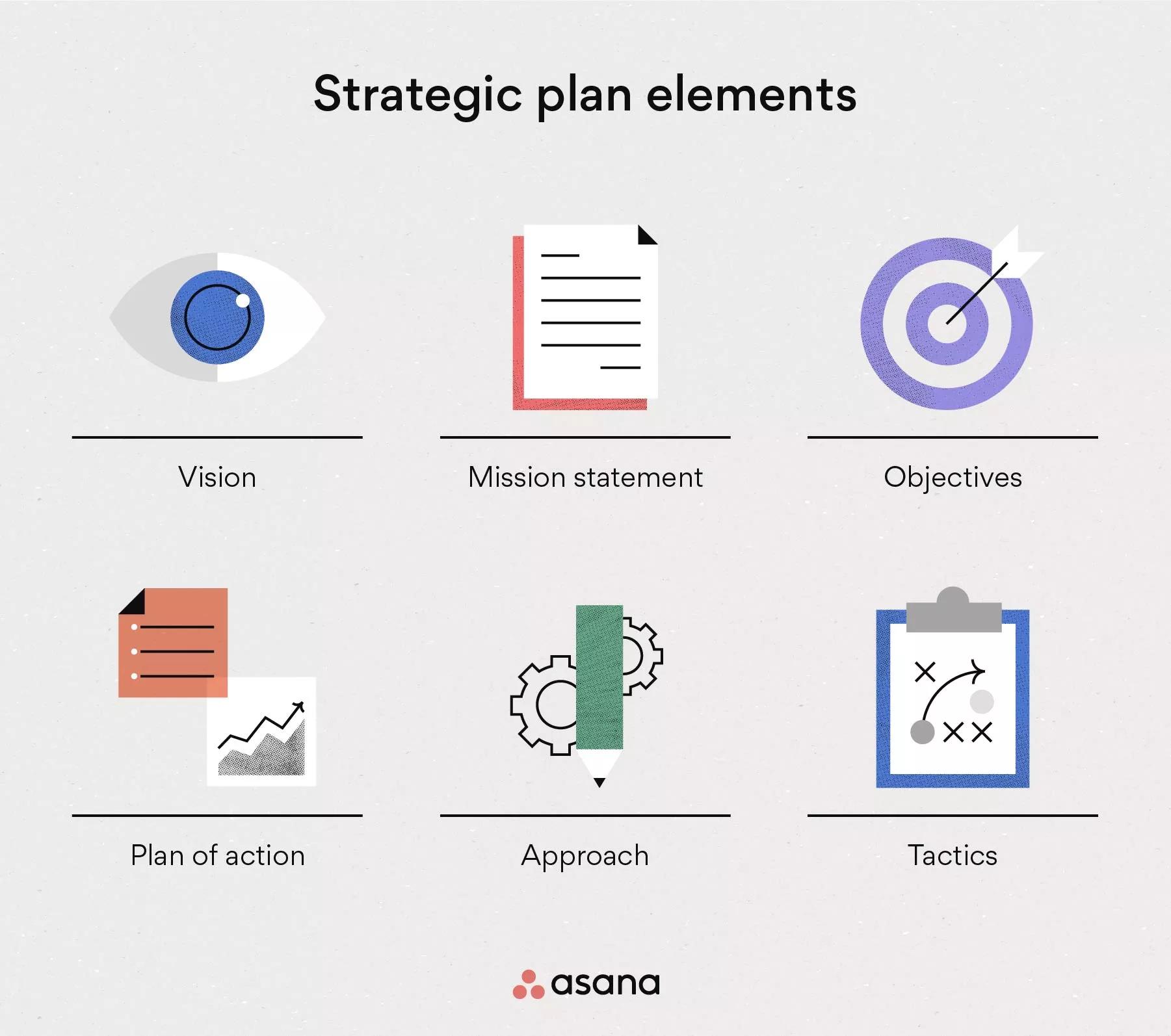Unlocking Success: Strategic Planning Tips for Business
Strategic planning is the cornerstone of business success, providing a roadmap for growth and resilience. In this article, we explore essential tips that businesses can leverage for effective strategic planning, ensuring a robust foundation for long-term success.
Understanding the Business Landscape
Before embarking on strategic planning, businesses must thoroughly understand the current business landscape. This involves analyzing market trends, competitor activities, and identifying potential opportunities and threats. A comprehensive understanding of the business environment forms the basis for informed strategic decisions.
Setting Clear and Achievable Objectives
Clear and achievable objectives are the bedrock of effective strategic planning. Businesses should articulate specific, measurable, achievable, relevant, and time-bound (SMART) objectives. These objectives serve as the guiding principles, providing direction and clarity to the organization’s strategic initiatives.
Incorporating Flexibility for Adaptability
The business landscape is dynamic, and strategic plans must be adaptable to change. Incorporating flexibility into strategic planning allows businesses to respond proactively to unforeseen challenges and capitalize on emerging opportunities. A flexible strategy ensures resilience and agility in a rapidly evolving environment.
Aligning Strategies with Core Values
Successful strategic planning aligns with the core values and mission of the business. It is essential to ensure that strategic initiatives resonate with the fundamental principles that define the organization. This alignment fosters a cohesive and authentic approach to business growth.
Leveraging SWOT Analysis for Insight
Conducting a SWOT analysis (Strengths, Weaknesses, Opportunities, Threats) is a crucial step in strategic planning. It provides a comprehensive understanding of internal and external factors that can impact the business. By identifying strengths to capitalize on, weaknesses to address, opportunities to explore, and threats to mitigate, businesses gain valuable insights for strategic decision-making.
Promoting Cross-Functional Collaboration
Strategic planning is most effective when it involves cross-functional collaboration. Bringing together diverse perspectives from various departments fosters a holistic approach. Collaborative strategic planning ensures that different facets of the business are considered, leading to more comprehensive and well-rounded strategies.
Allocating Resources Effectively
Resource allocation is a key aspect of strategic planning. Businesses must prioritize and allocate resources, including finances, human capital, and technology, to support strategic initiatives. Effective resource allocation ensures that the necessary tools and capabilities are available to execute the strategic plan successfully.
Monitoring Key Performance Indicators (KPIs)
Tracking Key Performance Indicators (KPIs) is essential for measuring the success of strategic initiatives. Businesses should establish relevant KPIs aligned with their objectives and regularly monitor progress. This data-driven approach allows for adjustments and ensures that the strategic plan remains on course.
Encouraging a Culture of Continuous Improvement
Strategic planning is not a one-time event but an ongoing process. Businesses should foster a culture of continuous improvement, where the strategic plan serves as a living document that evolves with the business environment. Regular reviews, feedback loops, and a commitment to learning contribute to the adaptability and relevance of the strategic plan.
Implementing Technology for Strategic Insights
In the digital age, leveraging technology is paramount for strategic planning. Businesses can utilize data analytics, business intelligence tools, and predictive modeling to gain valuable insights. Technology enhances the decision-making process, providing a data-driven foundation for strategic planning.
Explore Strategic Planning Tips for Business Success
Incorporating these strategic planning tips can position businesses for sustainable growth and success. For more insights into strategic planning and its impact on business success, visit fortahira.my.id. Learn how strategic planning can unlock the full potential of your business and navigate the complexities of today’s dynamic business environment.






